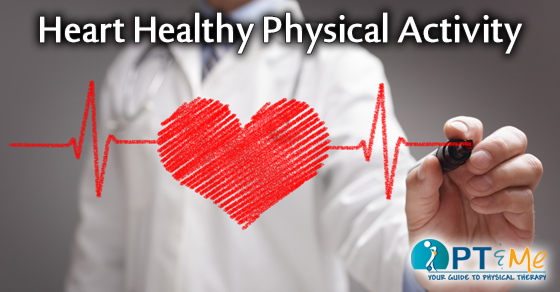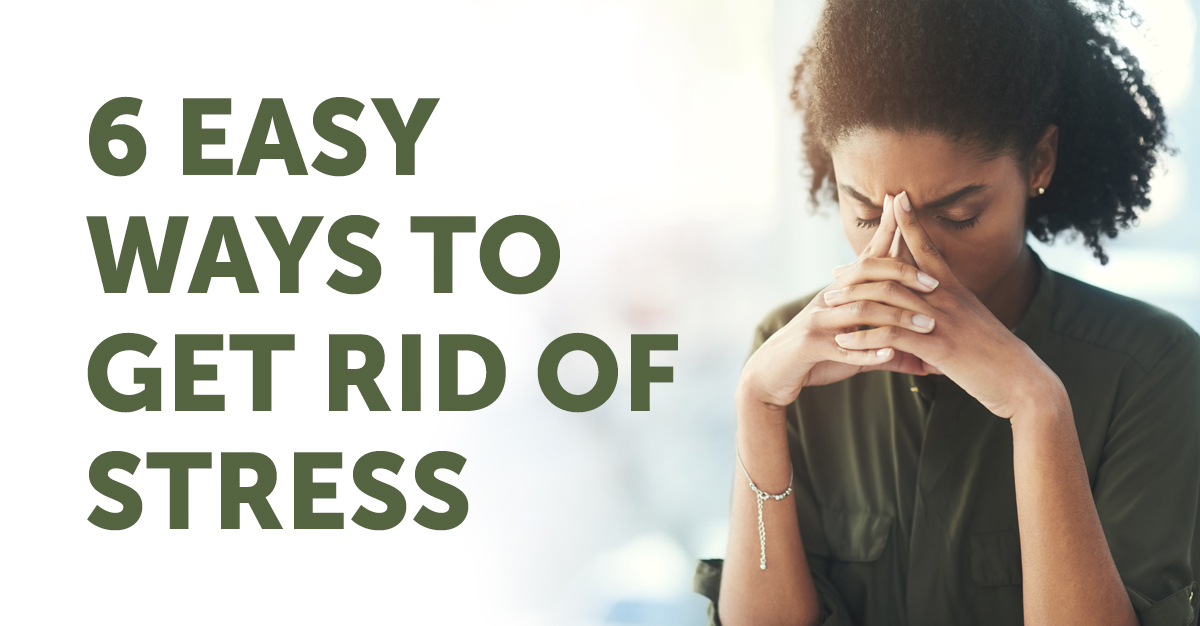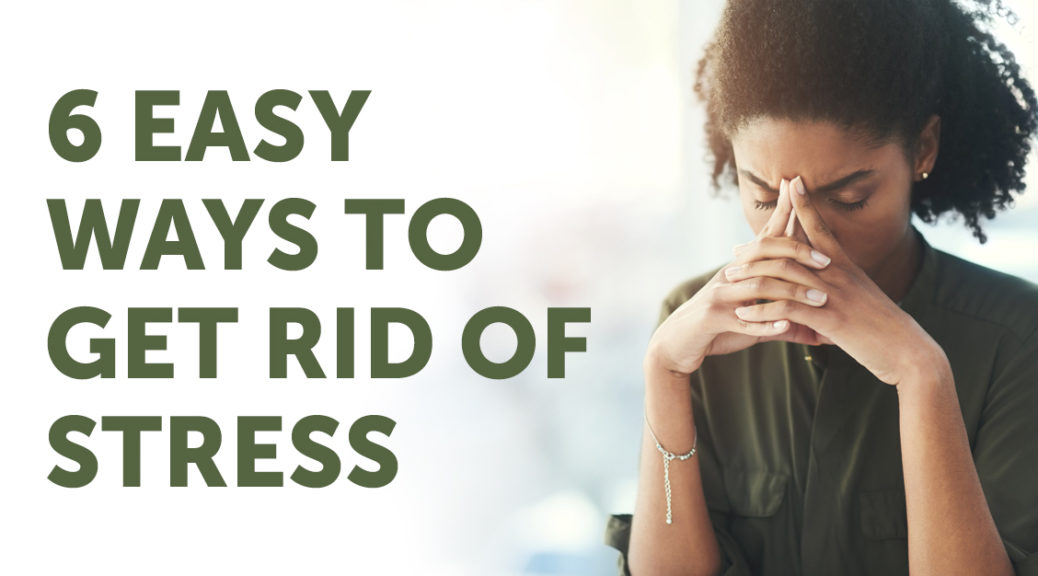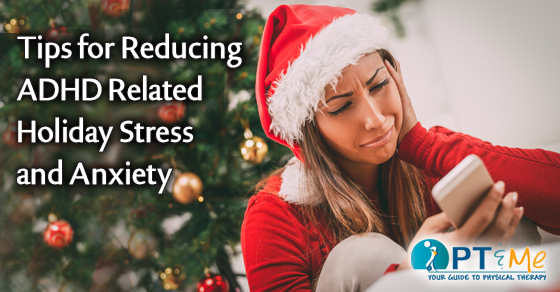
The heart is often used as a symbol of vitality for good reasons. The heart pushes blood and oxygen to every cell in the body to be used as fuel and carries waste away. Without this process, the body cannot function. The heart plays a role in many aspects of your health and wellness.
Efficiency Matters
The heart beats an average of 60-80 beats per minute, which can add up to millions of beats in just one month. When something works this hard, it is important that it also works efficiently. Well-conditioned athletes can have resting heart rates below 50 beats/minute. Even though their heart beats slower, it can do the same amount of work or more than a heart that beats 60-80 beats/minute. An athlete’s heart pumps stronger during each beat, needing fewer beats to get the job done. Over a lifetime, a difference of 10-30 beats/minute can add up to quite a few beats.
An Ounce of Prevention…
The heart can be affected by physical and mental stressors. You can feel your heart speed up when you sprint across a busy road or when you have a burst of emotion like anger or surprise.
Physical activity can decrease the effect of stress on the heart and body. A fit body and mind will help improve heart health. Regular physical activity can:
Improve physical abilities by:
• Improving the heart’s ability to pump blood
• Increasing energy levels
• Increasing muscle strength and endurance
• Improving agility
Change physical appearance by:
• Toning your muscles which gives you a tighter appearance
• Burning calories which helps with weight loss or maintenance
Improve overall wellness by:
• Helping with stress management
• Improving self-image
• Helping to decrease anxiety and depression
• Improving relaxation
• Improving the ability to sleep
• Creating a social activity opportunity
• Promoting healthier cholesterol levels
If you have heart problems, physical activity can still play an important role. A strong and healthy body can help you manage your condition. Physical activity can help reduce the stress on a sick or weak heart and decrease secondary risks like obesity and diabetes. If you do have heart health issues, talk to your doctor before starting an exercise program.
Even if you are healthy, but have not exercised in a long time, you may need to talk to your doctor to make sure that you are in good physical condition to exercise.

Where to Start
For most people, you can begin right away. Find an activity program that you enjoy. Do not pick an activity that does not fit into your schedule, does not fit in with your personal preferences, or has too many obstacles, because you may lose interest quickly. A program that starts with too much intensity is also likely to lose your interest.
Work towards reaching these basic goals:
• 30-60 minutes of physical activity on most days of the week (total of at least 150 minutes/week)
• Include some strength activities at least 2 times/week
Make It Stick
Long-term regular physical activity will count more than a brief and spectacular burst of activity. Most people do not plan to become sedentary. It creeps up on you. Work to increase your physical activity the same way. Gradually add steps. Find activities you enjoy that can replace more sedentary activities.
Here are more tips that have been shown to be useful:
• Find an exercise partner. You are less likely to skip the activity if someone is waiting for you.
• Write it down or use a fitness tracker. Keep a log of your activities and how much you accomplished either by distance or time. It will help keep you honest.
• A long-term goal is fine, but also make short-term goals, because they provide quicker feedback.
• This is important, make it a priority. Plan it out. Find a time in your daily routine when you can regularly fit the activity in.
• Consider doing your activity in 10-minute spurts throughout the day. Spurts can be as effective as being active for 30 minutes straight.
• Be flexible. Life happens and you may find that you need to make adjustments to your routine. A rigid schedule and goal may not be worth the stress. Keep an open mind to new activities and schedules.
Make It Count
Any physical activity is better than none. But at least a few days per week you should aim for more than a leisurely stroll. A moderate intensity level is best to help you make health changes. Moderate intensity activity is enough to get your heart rate up and make you feel a little out of breath but not feel worn out when you are done.
Do not forget to enjoy your activity for the daily benefits it can bring and know that your heart appreciates it as well!
by Pamela Jones, MA
RESOURCES:
American College of Sports Medicine
http://www.acsm.org
American Heart Association
http://www.heart.org
CANADIAN RESOURCES:
Health Canada
http://www.hc-sc.gc.ca
Public Health Agency of Canada
http://www.phac-aspc.gc.ca
REFERENCES:
American Heart Association guidelines for physical activity. American Heart Association website. Available: http://www.heart.org/HEARTORG/GettingHealthy/PhysicalActivity/StartWalking/American-Heart-Association-Guidelines-for-Physical-Activity_UCM_307976_Article.jsp. Updated September 10, 2014. Accessed October 22, 2014.
Guide to physical activity. National Heart and Lung and Blood Institute website. Available at: http://www.nhlbi.nih.gov/health/public/heart/obesity/lose_wt/phy_act.htm. Accessed July 21, 2016.
Haskel W, et al. Physical activity and public health, updated recommendations for adults from the American College of Sports Medicine and the American Heart Association. Circ. 2007;116(9):1081.
How much physical activity do you need? Centers for Disease Control and Prevention website. http://www.cdc.gov/physicalactivity/everyone/guidelines/index.html. Updated June 4, 2016. Accessed July 21, 2016.
Promoting physical activity with a public health approach. American College of Sports Medicine website. Available at: http://www.acsm.org/about-acsm/media-room/acsm-in-the-news/2011/08/01/promoting-physical-activity-with-a-public-health-approach. Accessed July 21, 2016.
2008 physical activity guidelines for Americans. United States Department of Health and Human Services website. Available at: http://www.health.gov/paguidelines/guidelines/default.aspx. Accessed July 21, 2016.
Last reviewed July 2016 by Michael Woods, MD Last Updated:10/22/2014
EBSCO Information Services is fully accredited by URAC. URAC is an independent, nonprofit health care accrediting organization dedicated to promoting health care quality through accreditation, certification and commendation.






